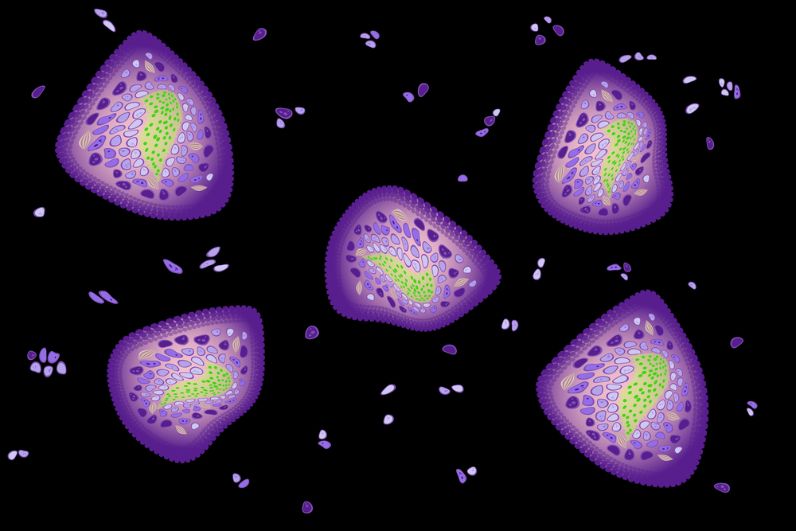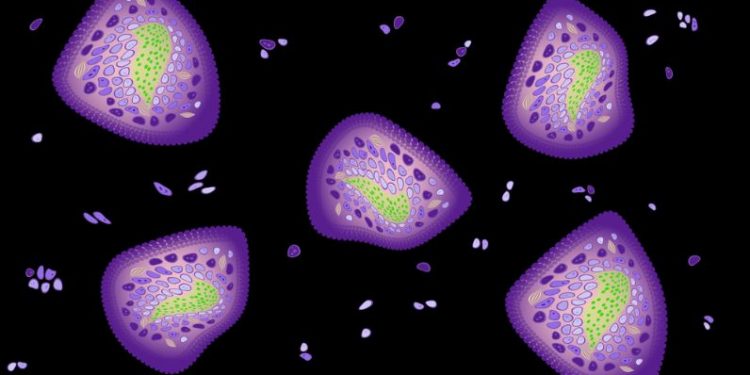Lysosomal storage disorders symptoms include a variety of organ problems, including enlargement of the liver and spleen, blood problems and bones that become weak. The symptoms are a result of a build-up of toxic substances in the body as a result of an enzyme deficiency.
All lysosomal storage diseases are progressive — they get worse as time goes by, making it difficult to control their symptoms. They are inherited from both parents (autosomal recessive) and cause a defect in a gene that regulates an enzyme that is important for the body’s metabolism.
Symptoms usually develop after birth, but some can begin in adults or even in children. Some of these symptoms may be mild, while others can be life-threatening.
How Is a Lysosomal Storage Disease Diagnosed?
Many lysosomal storage diseases are caused by a faulty gene that develops during fetal growth. The faulty gene controls an enzyme that is necessary for the body’s metabolism of certain sugars and fats in cells.
In people with a lysosomal storage disorder, the faulty gene prevents the body from making this enzyme in adequate quantities to process excess sugars and fats. The body then accumulates these fats and sugars in special sacs called lysosomes. These lysosomes contain specialized proteins that help the body break down and recycle these fats and sugars.
When these lysosomes fail to work properly, the excess sugars and fats can build up in the cell, disrupting cellular function and causing a lysosomal storage disease.
Lysosomal storage disorders are a group of rare inborn errors of metabolism, each caused by a specific enzyme deficiency. These enzymes break down lipids and sugars into other compounds that cells can use for energy.
There are about 40 different types of lysosomal storage disorders, each with a distinct set of symptoms and complications. Together, they affect 1 in every 7,700 live births.

Symptoms can include a number of organs, including the liver, spleen, kidneys, heart, lungs and brain. Depending on the particular lysosomal storage disorder, these symptoms can range from mild to severe.
Most lysosomal storage disorders have symptoms that develop in the fetus and infant, but some of them start in children or adults. Gaucher disease, for example, is a condition that causes spleen and liver enlargement as well as blood problems and bone issues. It can also lead to kidney failure, heart problems and strokes.
Other lysosomal storage disorders include Niemann-Pick disease and Hunter syndrome. These conditions are inherited from both parents and cause problems with red blood cells. They can lead to anemia, weakness, muscle wasting and jaundice (yellowing of the mucous membranes).
Glycogen storage disease II or Pompe disease is an autosomal recessive condition that affects red blood cells. It can cause anemia, respiratory problems and heart enlargement in infants. The earliest symptom of this disorder is infantile-onset Pompe disease (IOPD), which occurs in the first few months of life and results in weakness, hypotonia, feeding difficulties and developmental delay.
The symptoms of lysosomal storage disorders can be controlled through enzyme replacement therapy, which replaces the missing or defective enzymes in your body’s cells. This treatment is inserted directly into your veins through an IV and can help reduce the build-up of substances in your body’s cells. It can also improve your ability to walk, lessen enlarged organs and prevent or reverse complications. Other treatments for lysosomal storage disorders include stem cell transplants and substrate reduction therapy.









